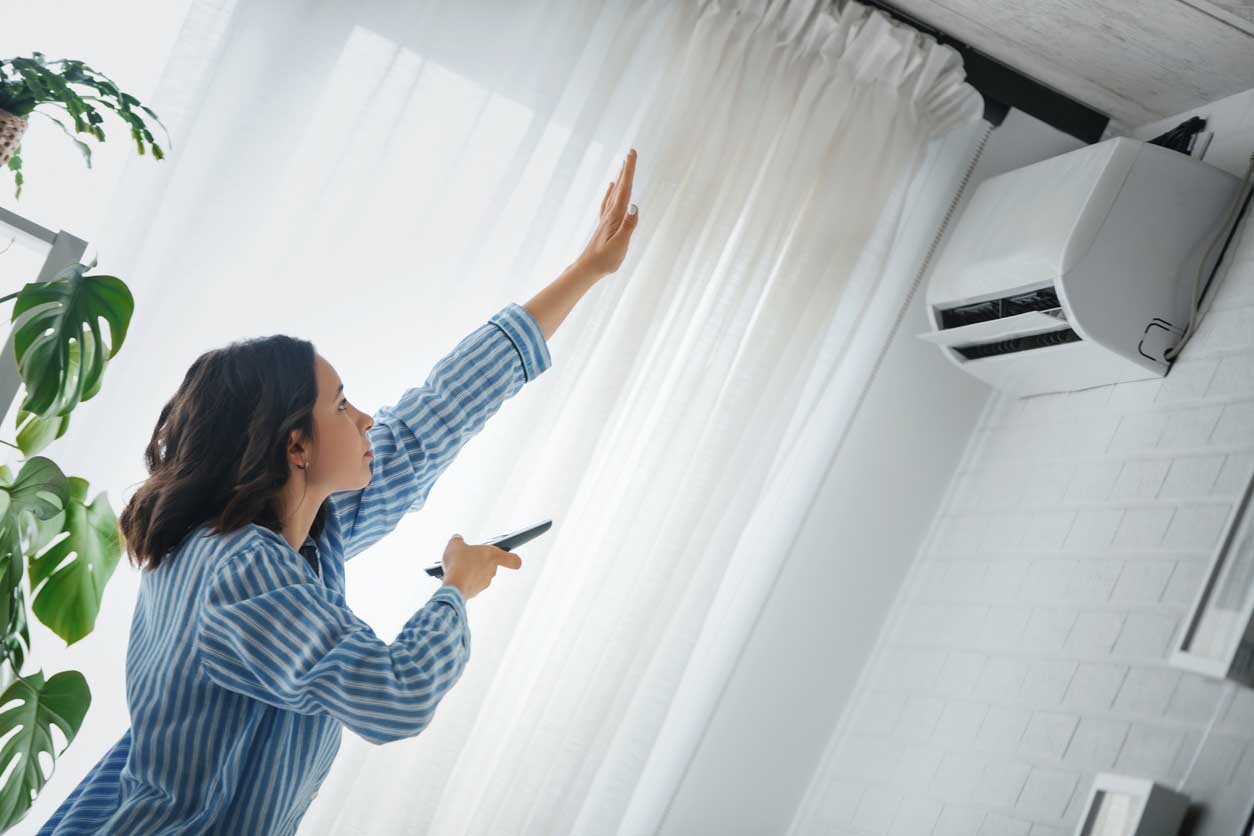A broken motor is one of the most common AC problems. Your air conditioner has a fan motor and a blower motor. Let's explore the typical AC unit motor costs and the steps you can take to save money when you have to purchase one.
Blower Motor Costs
Your AC blower motor is in the air handler inside your home. It pulls your home's warm air, pushes it over the AC evaporator coil to be cooled, and blows cooled air back into the house. A blower motor replacement typically ranges from $250 to $800.
Fan Motor Costs
Located in your outdoor unit, the fan motor cools the superheated refrigerant down. Replacing it usually costs between $300 and $600.
How to Save on AC Unit Motor Costs
There are several ways to save on AC unit motor costs:
Routine maintenance. You can avoid having to replace a broken motor by scheduling an AC tuneup every year. A certified technician will check and fine-tune all AC parts during the maintenance appointment. Routine service extends the life span of AC components and prevents expensive repairs in the future.
Having a warranty. If you already have a motor that needs replacement, you can save on new motor costs if your current one is still under warranty. You can pay just $150 for labor with a warranty. Be sure to check the specifics of your AC warranty.
Choosing a reputable contractor. The labor costs to install your new motor will depend on the contractor you hire. HVAC contractors charge an hourly or fixed rate for labor. Make sure you work with a reputable contractor who offers written estimates to help you know the expected costs right from the start.
Remember, regular maintenance helps you extend the life of your motors. Taking advantage of your warranty and hiring an experienced contractor with excellent reviews will help you keep AC unit motor costs down. If you need AC repair or maintenance services, contact Air Assurance, an award-winning HVAC company serving the Broken Arrow area.









